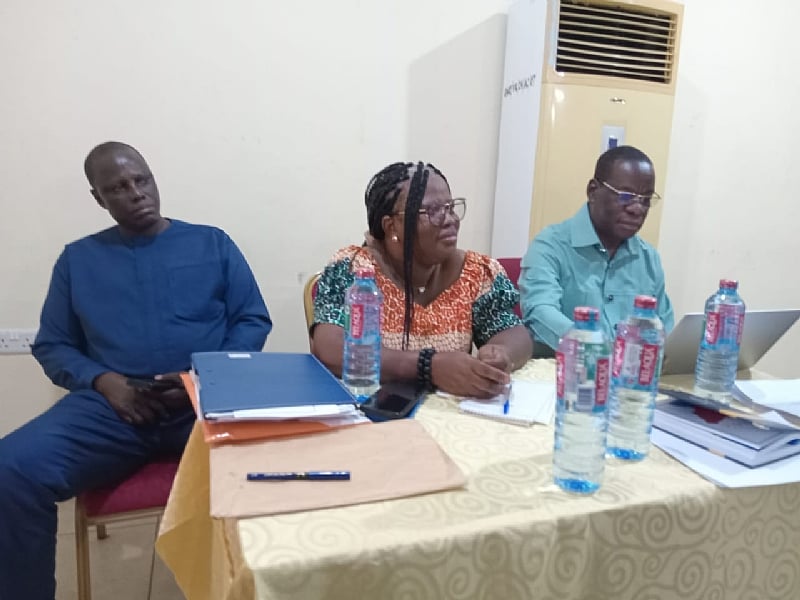The West African Examination Council (WAEC) has released alarming statistics revealing a surge in examination malpractice between 2020 and 2024. In 2024 alone, WAEC withheld 532,891 subject results, cancelled 38,693 results entirely, and voided the complete results of 462 candidates. This represents a significant increase from 2020, where 3,235 results were withheld, 10,496 cancelled, and 510 entire results voided. The intervening years, 2021, 2022, and 2023, witnessed similarly high figures, with 2023 recording 587,001 withheld results, 59,433 cancellations, and 658 entire result cancellations. This escalating trend paints a concerning picture of the integrity of the examination system within the West African region.
WAEC officials have characterized the pervasive examination malpractice as a national security threat that undermines the credibility of the education system and produces an inadequately prepared workforce. Mr. Daniel Nii Dodoo, Head of Humanities at WAEC, Accra, described the situation as unethical behavior driven by socio-economic pressures, a culture of impunity, and insufficient regulatory frameworks. He stressed that cheating devalues education, creates graduates lacking essential skills, and jeopardizes national competitiveness and long-term development. Dodoo emphasized the need for a collective effort involving government, educational institutions, parents, communities, and students to combat the menace.
Addressing the issue requires a multi-pronged approach. WAEC proposes strengthening regulatory frameworks, leveraging technology, engaging stakeholders, promoting ethical education, and implementing punitive measures. The government, particularly the Ministry of Education and the Ghana Education Service, is urged to develop and implement policies, allocate resources, and launch public awareness campaigns to tackle the problem. WAEC also advocates for closer collaboration with teacher unions, security services, school administrators, and faith-based organizations to create a united front against examination malpractice.
Stakeholder engagements across the country have yielded valuable insights and recommendations. Participants have called for the abolishment of the 70% performance contract for school heads, citing its impracticality without corresponding infrastructure improvements. They also advocate for equitable resource distribution for examination monitoring, fair BECE placement procedures, prompt payment of invigilator allowances, uniform application of WAEC regulations, improved accessibility of exam centers, and stricter penalties for cheating. These suggestions reflect a growing awareness of the systemic factors contributing to the problem and a desire for more equitable and transparent assessment practices.
WAEC has taken proactive steps to combat cheating by leveraging technology. The council is piloting computer-based testing, which is believed to mitigate some forms of malpractice. They are also implementing serialization and item randomization for objective tests and plan to extend these measures to written exams. In the future, WAEC intends to introduce personalized question papers with barcodes and traceable features for each candidate to further enhance security and deter cheating at both the Basic and Senior High levels. These technological advancements represent a significant investment in safeguarding the integrity of examinations.
The methods employed by cheaters have become increasingly sophisticated and networked. WAEC has documented cases of projected answers, copying from mobile devices, introducing foreign materials, dictating answers, offering bribes, organizing syndicates, and even impersonation. The council is working diligently to counter these tactics and maintain the credibility of its examinations. A revised rules and regulations document has been distributed, and District Directors of Education are tasked with educating candidates about the consequences of cheating. This combined approach of technological innovation and strengthened regulations aims to create a more secure and ethical examination environment. The fight against examination malpractice remains an ongoing challenge that requires sustained vigilance and collaborative efforts from all stakeholders.














